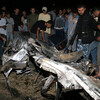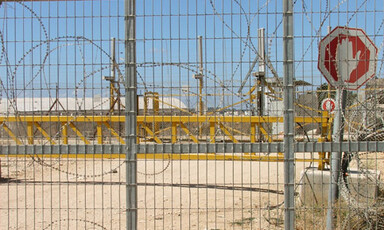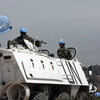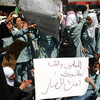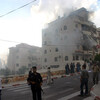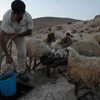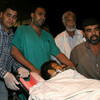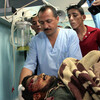
Weekly report on rights violations: Nine Palestinians killed
5 October 2006
On 29 September 2006, IOF fired a missile at two Palestinian children, who passed near an abandoned rack used in launching home-made rockets at Israeli targets. The two children, who are brothers, were killed. On 30 September 2006, IOF extra-judicially executed two members of the al-Aqsa Martyrs Brigades, an armed wing of Fatah movement, in Rafah. The attacks also wounded two civilian bystanders, including a child. On 2 October 2006, IOF shot dead a Palestinian fisherman opposite to Deir al-Balah seashore in the central Gaza Strip. On 3 October 2006, a Palestinian child was killed and his brother was wounded, when IOF bombarded a workshops adjacent to their house in Khan Yunis. Read more about Weekly report on rights violations: Nine Palestinians killed
